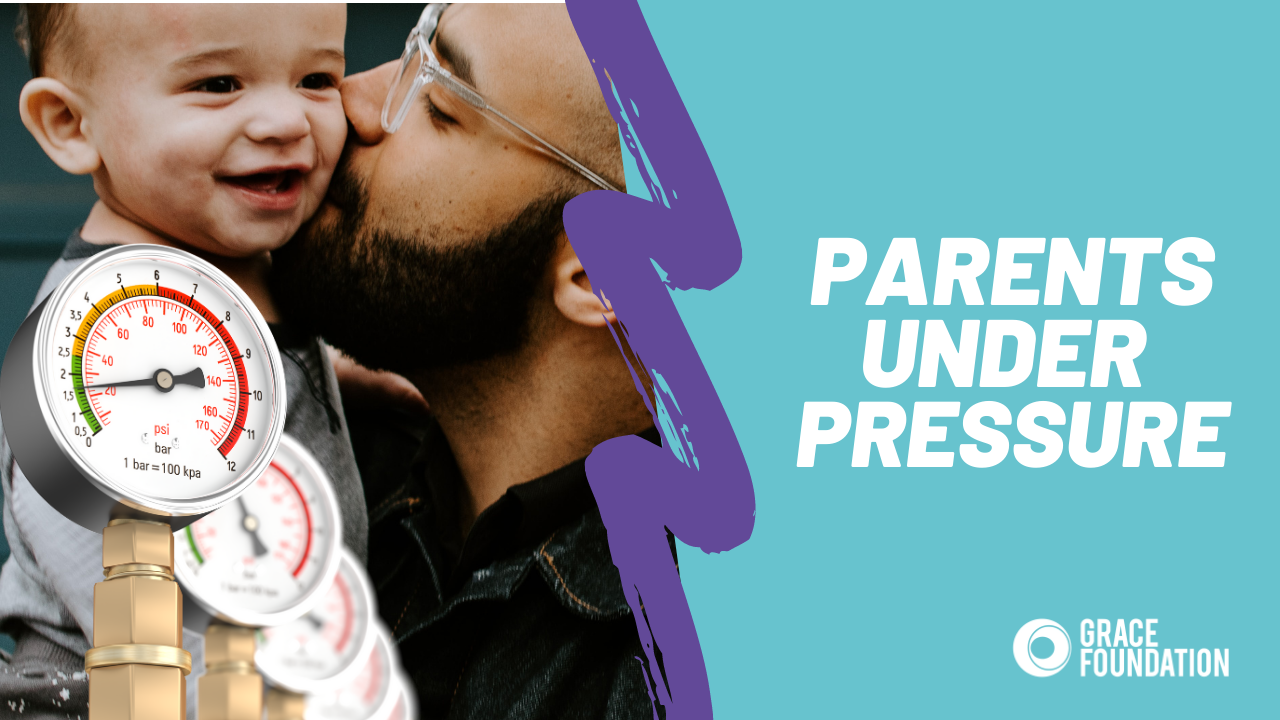Introduction
Even though our young people are back in school, everything looks very different with social bubbles, mask wearing and one-way systems adding an extra dimension of challenge to the so called normal school day. In this context it would be easy to shrink back and feel overwhelmed by the times we are living in and write off this as an academic year when no learning will really take place. Sometimes teens can get dragged down by what is going on around them and feel less than enthusiastic to focus on our studies.
However, the good news is that we can help them to see things differently if we choose to change our own perspective first. What if this year could make our students and not break them? It is still possible for them to become resilient learners despite the challenges we all face together. To get through we will need to help them adopt what the experts like to call a growth mindset so they can succeed.

So, what is a growth mindset?
According to educational research by Dr Carol Dweck, a fixed mindset is when people believe their basic qualities, like their intelligence or talents, are fixed traits. A person with a fixed mindset spends their time documenting, proving, or complaining about their own talents instead of developing them. They see problems happening around them as limit to the success. This kind of person does not do well when things don’t seem to go their way.
In a growth mindset, people believe that their basic abilities can be developed through dedication and hard work—raw talent is just the starting point. They also see their circumstances as something they can overcome. This mindset creates a love of learning and a resilience that is essential for progress. It helps people engage with subjects and activities that they may otherwise try to avoid through fear of getting things wrong or “not being good enough”. Having a growth mindset is right at the heart of becoming a resilient learner and is needed during this pandemic more than ever!
Our Top Tips for you
Here are 10 practical ways you can help your teen adopt a growth mindset that will help them thrive in their learning this year regardless of what is going on in the world.
1. Encourage your child to try something new
Even when facing difficulties around us, trying new things can open amazing opportunities. This can be challenging as we often worry that we won’t complete the activity perfectly first time around. Here’s the thing – no one gets it right from day one. Just make sure there is a day two! Growth-minded people learn how to constantly create new goals and find new opportunities to keep themselves stimulated.
2.Raise your expectations
It is commonly believed that lowering our expectations promotes self-esteem in children (e.g. “never mind, let’s try an easier one”), but this is not the case. Having high expectations shows that you believe they can do it, which in turn has a positive impact on their own beliefs, behaviours and outcomes.
3.Learn about learning
It always takes time to learn. Think realistically about time and effort. Don’t expect to become a master overnight and don’t expect it of your children straight away. Help them see where they are on the journey. What is the next step for them? Learning fast isn’t the same as learning well, and this sometimes requires allowing time for mistakes. Value growth over speed.
4.Help your child receive feedback
Teach and model that criticism can be a means of growth unless it is a personal attack. We are not talking about bullying or trolling here! Often we can fail to distinguish between downright negativity from haters and people who want to help us grow. Feedback is our friend. Recognise if you are being defensive and try to listen to understand. You don’t have to accept everything someone says… but you can still learn from it!
5. Don’t be afraid to tackle big challenges
According to someone with a fixed mindset, if you fail at something, make a mistake, or even have to put effort in, it must be because ‘you’re just not good enough’. Because of that belief, children begin to avoid challenges and choose activities that they find easy. Instead model it as an adult first… Why not try to tackle big things with the elephant analogy. How do you eat an elephant? One bite at a time!
6. Learn to see failure as a stepping stone
Teach your child that failure is an opportunity to grow not the limit of their abilities. Hiding from weaknesses means you’ll never overcome them. Believing that your qualities are carved in stone creates an unhealthy urgency to constantly try to prove yourself to others. Instead ask yourself – “What can I do better next time?” In other words… fail better.
7. Celebrate the success of others
Decide not to be threatened by the achievements or success of others but rather see their gain as your inspiration to keep going. Think about a favourite athlete, musician or artist and talk to your child about their journey to success. This unravels the so-called talent myth. If someone has done well, we tend to think they were born that way. We need to demonstrate that this is not the case. Rather than focusing on somebody’s ‘natural talents’, focus on early efforts, a strong work ethic, and the mistakes and learning that led them to where they are now.
8. Use the language of the resilient
Don’t rush to let your child say – I CAN’T. A change of language and mindset may look like this:
- “I am not good at this” becomes “what else do I need to know?”
- “This is too hard” becomes “this may take a bit of time…”
- “It is good enough” becomes “is this my best work?”
- “I give up” becomes “I need to think of a new strategy…”
Introduce the word YET. Remind children they just don’t know it or can’t do it YET.
9. Be conscious in HOW you praise
Praise is really important for children but what you celebrate really matters! Offer praise and reward for effort, progress and learning from a mistake not just for displaying natural talent. Reward actions, not just traits. Tell your child when they’re doing something smart, not just being smart. Make sure praise is consistent, specific and memorable! Your encouragement will make all the difference.
10. Build in time to reflect on their learning
Provide regular opportunities for reflection on what your child is learning at school. It can be really tough to focus at times, but as we as parents and carers become more resilient whatever the next season throws our way!
And finally… be kind to yourself and your children. We have not lived through this kind of stuff before. But we can get through it together.

Our Virtual Chaplain says…
There is a really helpful verse in the Bible that is an encouragement to stay resilient in times of challenge. It reminds us to “not grow weary of doing good, for in due season we will reap, if we do not give up.” The illustration of a harvest is a great way of thinking about our learning and our life – what we sow today will produce fruit tomorrow… so keep going – and keep sowing! You are doing a brilliant job!
Bible Reference: Galatians 6:9




